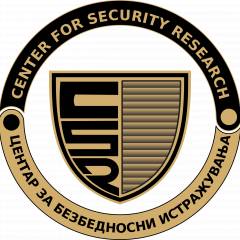
Introduction
The Cubs of the Caliphate are the children who were exploited by ISIS during the armed conflicts in its quasi-state within Iraq and Syria. Created to serve one purpose, which is to ensure the continuity of the Caliphate and to convey ISIS ideology and message to future generations all over the world. Even though the Islamic State was militarily defeated, the number of children indoctrinated by the Islamic State’s ideology is still increasing, and if not treated properly, those children will represent a threat to world peace and security.
Returning foreign terrorist fighters (RFTF) experience in Europe and particularly in Balkans is very unique since the involvement of adult fighters with ISIS was a voluntary-based involvement and not a recruitment-based one. Despite the global interest in fighting violent extremism in the past two decades, only few efforts focused on the deradicalization process itself. Ultimately, the available reintegration programs are likely to be inadequate for those children since they were originally developed to address adult soldiers and not minors.
(more…)




